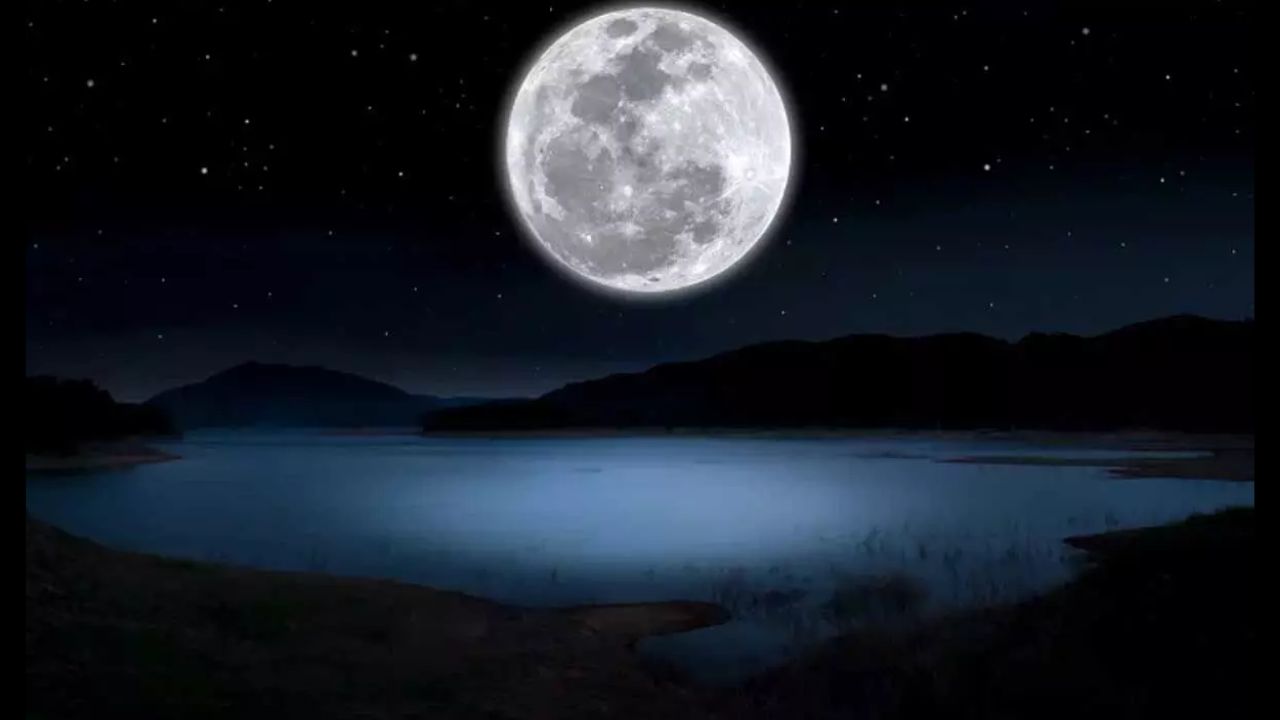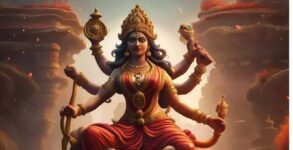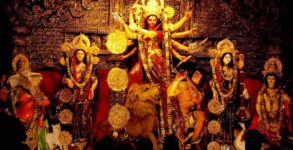Phalguna Purnima 2024: In the Hindu calendar, full moon days are very special. North Indians call them Purnima, South Indians call them Pournami, and Gujaratians call them Poonam. In addition to coinciding with festivals or Jayanti days, Purnima is also a good time for Satya Narayana Puja. This is the last full moon of the year. It is also the festival of Holi, a big Hindu festival. Lakshmi Jayanti is also celebrated on this day.
Hindu festivals aren’t really tied to seasons, but they’re given names based on when they take place. Phalguna Purnima occurs during the Vasanta Ritu, one of the six seasons of Vedic astrology.
In South India, they call Phalguna Purnima Kama Dahanam. It’s similar to Holi, but with a different legend. Holi is mostly a North Indian festival, but it’s celebrated everywhere. West Bengal and Orissa celebrate Dol Purnima during Phalguna Purnima. The festival is dedicated to Lord Krishna, with processions and Holi. Gaudiya Vaishnavas also honor Chaitanya Mahaprabhu’s birthday on Phalguna Purnima, so it is important to them.
What is the date of Phalgun Purnima in 2024?
The Hindu festival of Phalgun Purnima occurs at the end of the month of Phalguna, which is the last month of the year.
In the Vedic calendar, the full moon day in the Krishna Paksha of the Phalgun month will begin at 9:54 am on March 24 and end at 12:29 pm on March 25.
During Phalgun Purnima on March 25, there will be a lunar eclipse. This eclipse will begin at 10:24 in the morning and end at 3:01 in the afternoon. However, it won’t be visible in India, so no special rituals are needed. On March 25, devotees can bathe and donate.
History and Significance of Phalgun Purnima
There was a demon king known as Hiranya Kashyap who lived thousands of years ago during the Satya Yuga. A boon was given to him by Lord Brahma, making him almost invulnerable. However, he became arrogant and demanded everyone worship him instead of the Lord Shri Hari Vishnu. Those who refused were threatened with death.
In Sanskrit, Purnima means “Full Moon.” This means that every month’s last day in the Hindu Calendar is called Purnima. In the Hindu calendar, Phalguna is the last month of the year. This is why Phalguna Purnima is an important day because it’s the last day of the year. Holika Dahan is a major religious ceremony that takes place on this day. It is the beginning of spring, and the moon’s energy is thought to have a powerful influence on the planet.
This day is the last full moon of the year. People believe if they fast and worship the moon and Lord Shri Hari Vishnu sincerely on this day, they will be free from past and present sins. The Hindu religion holds salvation as the ultimate goal of human life on Earth, which is why people worship Lord Shri Hari Vishnu on this day.
In Hinduism, Phalgun Purnima is also Laxmi Jayanti, the birth anniversary of Laxmi, the goddess of wealth and abundance.
Check Out: Maghi Purnima 2024: FAQs, Dates, History, and Activities
The following puja rituals are to be followed on Falgun Purnima in 2024:
During Falgun Purnima, people worship Lord Narasimha, who is the fourth form of Lord Vishnu. They also pray to Lord Vishnu and Goddess Laxmi for their blessings.
- Take a holy bath in the morning.
- It is common for people to bathe in the Ganga river at holy places.
- On this day, people fast to honor Lord Satyanarayan.
- Donating is a good thing to do.
- Religious activities are ideal on full moon days.
- This day is often used to focus on spiritual growth.
- As part of the ritual, offer kheer to Lord Vishnu and the Moon.
- Offer Arghya to the Moon God in the evening.


















